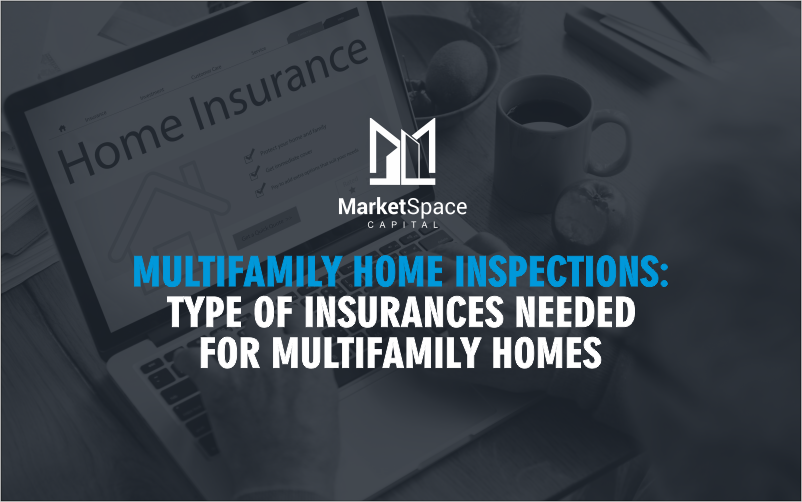The type of insurances policies available for multifamily homes and the factors to consider before getting an insurance issued are listed below.
Multifamily commercial properties are sites where a large number of people live, work, and visit. They are also sites with potential hazards, such as stairways and elevators, as well as residences with costly electronics and jewelry. For all of these reasons, property owners must have enough insurance coverage to protect themselves from damage to their multifamily investment.

